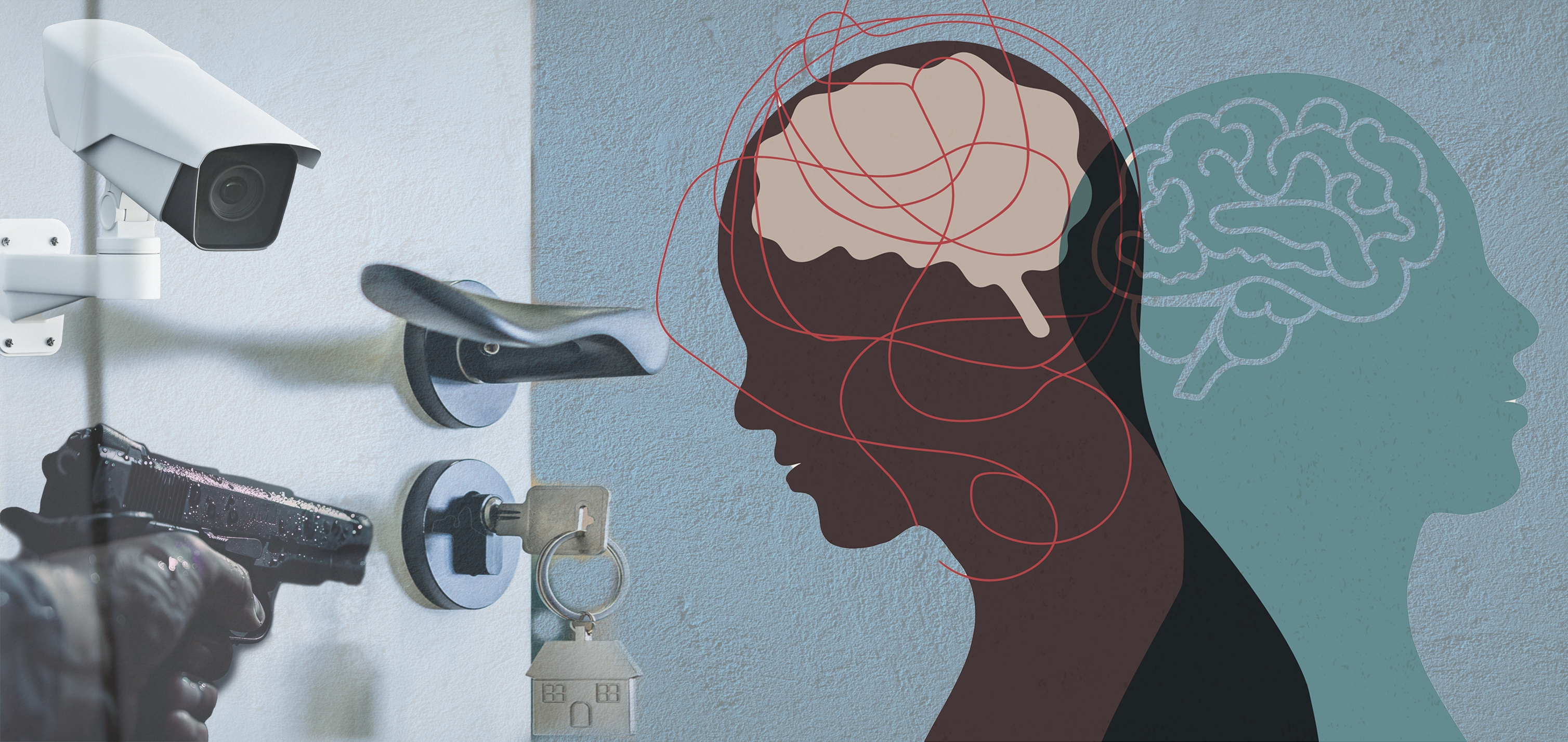
In a recent survey, just over half of judges who responded said the public physical and verbal attacks on the judiciary, along with the recent drop in public trust and confidence in the courts, have negatively affected their mental health. The National Judicial College made the inquiry as its Question of the Month for May, which is Mental Health Awareness Month.
The United States Marshall’s Service reports that serious threats to federal judges have doubled since 2021, a pattern also seen at the state court level. There have been multiple high-profile physical attacks on judges and their families, including homicides, as well a barrage of threats sent directly to judges or posted on social media. In addition, several national studies have noted a drop in the public’s trust and confidence in the courts.
“My life has been threatened several times resulting in two arrests, one conviction, and the purchase of my new gun,” one judge wrote in the comments.
Several other judges also referenced personal threats in their comments.
“The attacks on the Judiciary by government figures have normalized the behavior. Two weeks ago, a litigant said I should be killed and my house burnt down with my family in it. Big talk from small people, but still drives up stress levels,” another judge said.
Several judges pointed out that the current political culture is spilling over into the courts and affecting the rule of law.
“Society continues to be less civil and the norms of respecting authority, or figures that represent authority, are being eroded,” a judge wrote.
In total, 413 judges responded to the question, with 222 answering yes and 191 responding no. In addition, 147 judges left comments.
Some judges who answered no, they did not feel their mental health was being affected, were still concerned about the recent trends in public opinion and the potential impact.
“I would say no, only because I have other things that keep me pretty well grounded. What I would say is that I have become very disillusioned about our country’s values and the lack of respect given to institutions that are crucial to a democratic society.”
“I find the attacks disappointing, particularly when made by those who should reinforce the integrity of the judicial branch, rather than assault it for self-serving reasons. But our best response is to stay above the noise and continue to deliver impartial justice. There is no better way to send the message that the system works!”
Judges who answered no tended to take the threats and attacks in stride.
“I can only control myself and my own courtroom. Continue to maintain a positive presence. It remains the best job in the world.”
Other judges also found solace in routines and minimizing news sources.
“I build resiliency through daily morning workouts, devotions and prayers, and a close group of fellow Judges and friends. I stay off social media, and I do not worry about what I cannot control. I try to earn and maintain the respect of all who enter my courtroom daily.” As a result of recent trends, the NJC has incorporated personal safety training into several of its courses and offers a custom course option on the topic. In addition, the College’s Mindfulness for Judges course is designed to assist judges with developing tactics to cope with trauma, anxiety, and stress while enhancing leadership and communications. The next mindfulness course will take place in November.

The Hon. Mary-Margaret Anderson (Ret.), a retired administrative law judge with the California Office of Ad...

Happy October, Gaveliers faithful. Are you loving this or what? No one believed a team made up of judges...


Hon. Diane J. Humetewa, the first Native American woman and the first enrolled tribal member to serve as a ...

Retired Massachusetts Chief Justice Margaret H. Marshall has been selected as the 2024 winner of the presti...